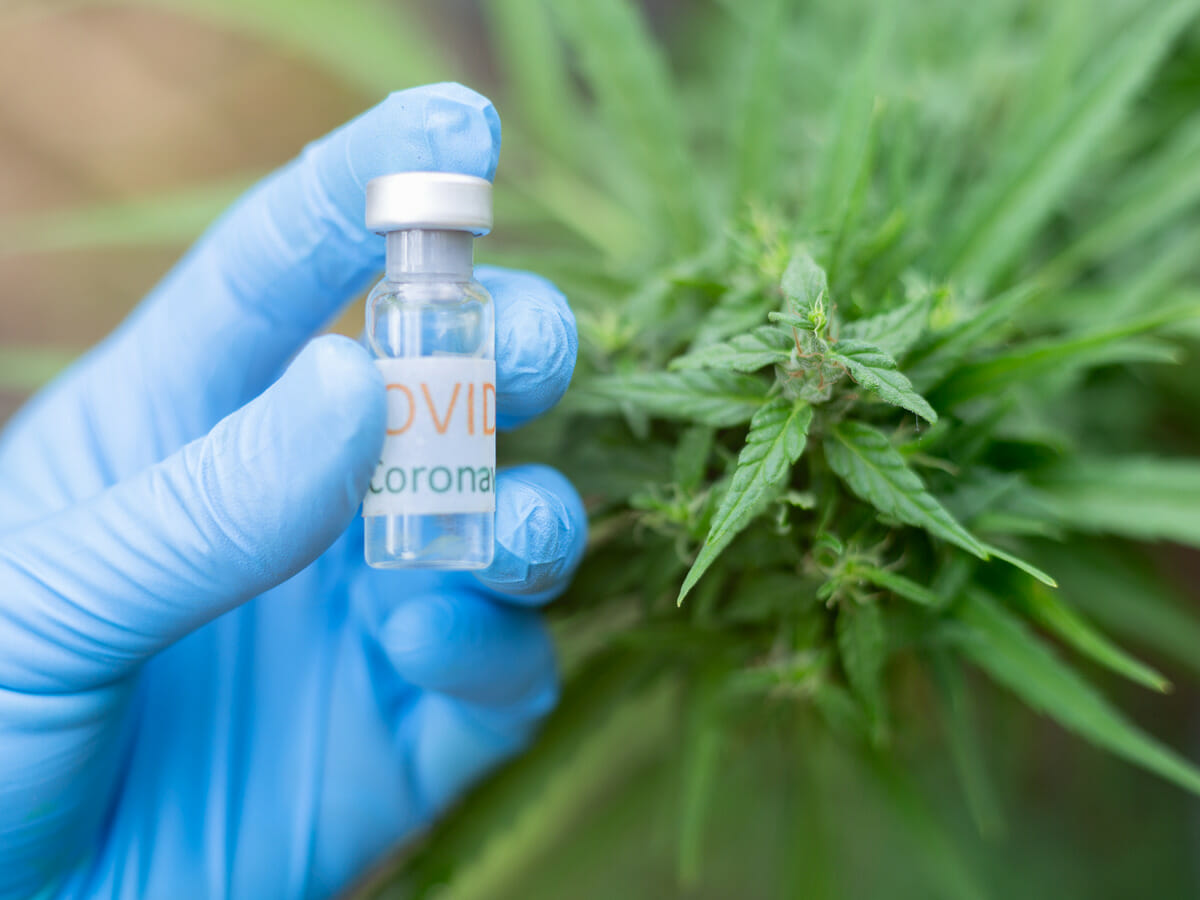As medical marijuana becomes increasingly popular, more and more patients are turning to this alternative treatment to manage their health conditions. For patients with hepatitis C, medical marijuana may offer a range of benefits that can improve their overall quality of life.
What is Hepatitis C?
Hepatitis C is a viral infection that affects the liver. It is caused by the hepatitis C virus (HCV), which is transmitted through contact with infected blood. Hepatitis C can cause both acute and chronic infections, with chronic infections being more common and potentially leading to long-term liver damage.
According to the Centers for Disease Control and Prevention (CDC), an estimated 2.4 million people in the United States are living with chronic hepatitis C. Many of these individuals may not even know that they have the virus, as symptoms can be mild or nonexistent in the early stages of infection.
When symptoms do occur, they can range from mild to severe and may include:
- Fatigue
- Joint pain
- Nausea
- Jaundice (yellowing of the skin and eyes).
In some cases, chronic hepatitis C can lead to liver damage, cirrhosis (scarring of the liver), liver failure, and liver cancer.
Hepatitis C can also have a significant impact on a person’s quality of life, as the disease can cause physical and emotional symptoms, as well as social stigma and financial burden associated with medical care.
Fortunately, there are effective treatments available for hepatitis C, including antiviral medications that can help cure the infection and prevent long-term liver damage. However, not all patients are able to tolerate or benefit from these treatments, which is why alternative therapies such as medical marijuana may be of interest to some patients.
Benefits of medical marijuana for patients with chronic hepatitis C
Here are just a few of the benefits of medical marijuana for hepatitis C patients:
- Reduced Inflammation
Inflammation of the liver is one of the most common symptoms of hepatitis C. This inflammation can lead to a range of health problems, including liver damage, cirrhosis, and liver cancer. The good news is that medical marijuana contains compounds that have powerful anti-inflammatory effects. By using medical marijuana, patients with hepatitis C may be able to reduce their levels of inflammation and minimize the damage to their liver.
- Pain Relief
Chronic pain is a common symptom of hepatitis C, and it can be difficult to manage with traditional pain medications. However, medical marijuana has been shown to be an effective pain reliever, and it may be a better option for some patients. The cannabinoids in medical marijuana can help reduce pain levels and improve overall quality of life.
- Appetite Stimulation
Hepatitis C can cause a loss of appetite, leading to weight loss and malnutrition. However, medical marijuana has been shown to stimulate the appetite, which can help patients maintain a healthy weight and get the nutrients they need to stay healthy.
- Anti-Viral Activity
While medical marijuana is not a cure for hepatitis C, some studies suggest that it may have anti-viral activity and can help fight the hepatitis C virus. This could potentially slow the progression of the disease and minimize liver damage.
How does marijuana work in the body?
Medical marijuana, which contains cannabinoids, has been shown to have numerous benefits for patients with hepatitis C. But how do cannabinoids work in the body to achieve these effects?
Cannabinoids are chemical compounds found in the marijuana plant, and they interact with the body’s endocannabinoid system (ECS). The ECS is a complex network of receptors and neurotransmitters that plays a role in regulating a wide range of physiological functions, including pain, inflammation, appetite, and immune function.
When cannabinoids enter the body, they bind to specific receptors in the ECS, known as CB1 and CB2 receptors. CB1 receptors are primarily found in the brain and central nervous system, and they play a role in regulating pain, appetite, and mood. CB2 receptors, on the other hand, are primarily found in immune cells and are involved in regulating inflammation and immune function.
By binding to these receptors, cannabinoids can have a range of effects on the body. For example, when cannabinoids bind to CB1 receptors in the brain, they can reduce the perception of pain and improve mood. When they bind to CB2 receptors in immune cells, they can reduce inflammation and help the body fight off infections.
In the case of hepatitis C, cannabinoids can help alleviate some of the most common symptoms of the disease. For example, by binding to CB2 receptors in the liver, cannabinoids can reduce inflammation and minimize damage to the liver. By binding to CB1 receptors in the brain, they can help manage pain and improve appetite.
Benefits for family, friends, and caregivers
Medical marijuana can potentially provide benefits for families and caregivers of patients with hepatitis C. When a loved one is diagnosed with hepatitis C, it can be emotionally and physically challenging for both the patient and their caregivers. Managing the symptoms and side effects of the disease, as well as navigating the complex healthcare system, can be overwhelming.
Here are some potential benefits that medical marijuana may offer to families and caregivers of patients with hepatitis C:
- Symptom management: Medical marijuana may help manage the symptoms associated with hepatitis C, such as pain, inflammation, and nausea. By providing relief from these symptoms, medical marijuana may help improve the patient’s quality of life and reduce the burden on caregivers who provide support and care.
- Improved appetite: Hepatitis C can sometimes cause loss of appetite, which can lead to malnutrition and weight loss. Medical marijuana has been shown to stimulate appetite, known as “the munchies” effect, which can help patients with hepatitis C maintain a healthy weight and improve their overall nutrition.
- Reduced caregiver stress: Caring for a loved one with hepatitis C can be stressful and emotionally taxing. Medical marijuana may help caregivers manage their stress and anxiety, allowing them to better cope with the challenges of caregiving.
- Alternative treatment option: Medical marijuana can offer an alternative treatment option for patients who may not tolerate or benefit from traditional treatments for hepatitis C, such as antiviral medications. Having additional options for managing the disease may provide families and caregivers with a sense of empowerment and control over the treatment plan.
- Enhanced quality of life: By providing relief from symptoms, improving appetite, reducing stress, and offering an alternative treatment option, medical marijuana may help patients with hepatitis C lead a more comfortable and fulfilling life. This, in turn, may also positively impact the quality of life for their families and caregivers.
If you or a loved one is living with hepatitis C and interested in exploring the potential benefits of medical marijuana, it’s important to speak with a healthcare professional who is knowledgeable about medical marijuana and its use in treating hepatitis C. Medical Marijuana Specialists can assist you with the process of getting certified for medical marijuana as well as provide guidance with a free nurse hotline. Don’t hesitate to reach out today by calling 1-833- 667-4665 to learn more.










